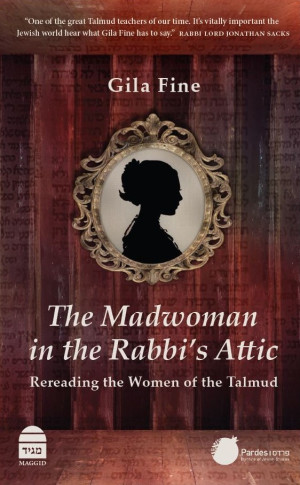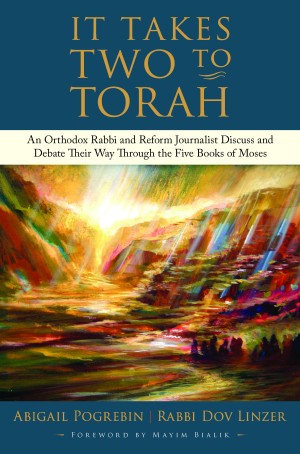When one thinks of midrash, rarely does feminist midrash — or the stories of biblical women — come to mind. But in Rabbi Marla J. Feldman’s book Biblical Women Speak: Hearing Their Voices Through New and Ancient Midrash, those women take center stage.
The book is organized into ten chapters, each highlighting a different woman from the Bible, including Leah and Rachel, Miriam, Puah and Shiphrah [sic], and Keturah. Within each chapter, there are four subsections: the “Biblical Text,” which provides a basis for the midrash; the “Modern Midrash,” which allows the biblical woman to tell her own story; “Classical Midrash and Commentary,” which delves into well-known commentary by scholars in addition to traditional midrash; and the “Author’s Commentary,” which compares the traditional interpretations with modern retellings.
Women in the Bible are often unnamed, defined solely by their relationships with others. Take Judah’s wife, for example. She is known as Bat Shua, or “daughter of Shua.” This labeling, or lack thereof, makes it easy for stories like hers to be subsumed by those of men. Feldman, by contrast, dives into these women’s stories, bringing them to life with depth and insight.
Feldman’s analysis of Miriam’s story is a standout of the book. A prophetess, Miriam is just as much a leader as her brother Moses, but she is not often held to the same level of esteem. In the Modern Midrash section, Miriam is angry that she was punished so harshly with leprosy after she and Aaron supposedly criticized Moses’s wife, while Aaron was not punished at all. (This point is later addressed with possible explanations in the Classical Midrash and Commentary section). Interestingly, while disability is not typically a main focus of the story, despite Moses’s speech impediment, the Modern Midrash section notes that when Miriam was exiled, she connected with the other marginalized and suffering people she saw. To her, “each pain-filled breath was an act of courage.” Feldman goes on to write in Miriam’s voice: “ … I learned more about love, charity, and what is truly important in life in my exile than I had from all of G‑d’s or Moses’ teachings. I lost some heroes, but others have replaced them. How ironic that my curse became a blessing. Living among the fringes, I discovered courage and hope; in adversity, I found faith.” Miriam is not able to forget the people she met while in exile, nor the lessons she learned, like the importance of supporting the most vulnerable.
Feldman’s explorations of biblical women’s stories, and the points she makes in the resulting midrash, beg some necessary questions: How much have we missed by not noting these women’s importance? By treating them as “extra,” or not as holy? What can we learn from them, and how might an influx of creative midrash written by women strengthen and expand Judaism?
Jaime Herndon is a medical writer who also writes about parenting and pop culture in her spare time. Her writing can be seen on Kveller, Undark, Book Riot, and more. When she’s not working or homeschooling, she’s at work on an essay collection.





